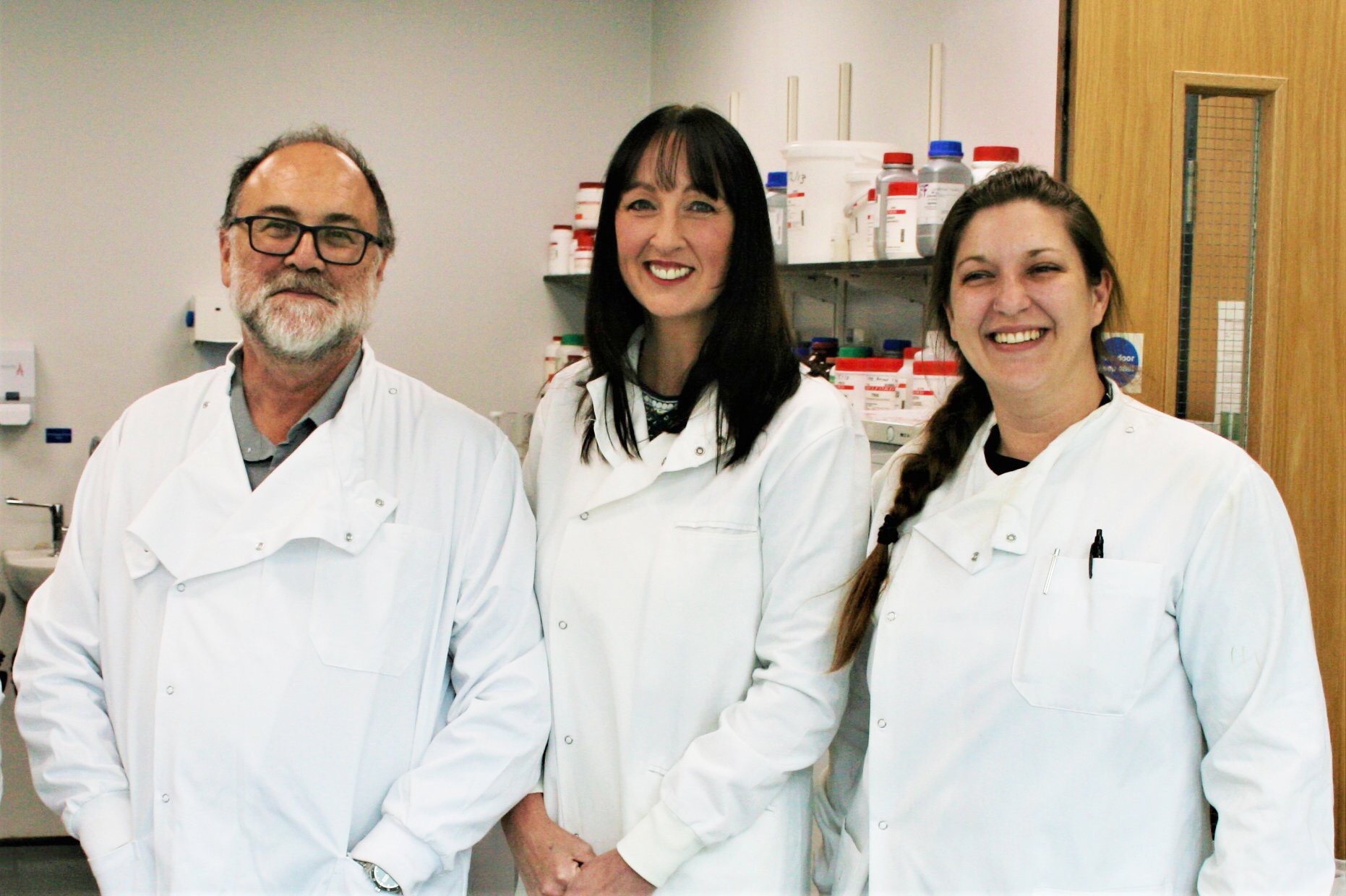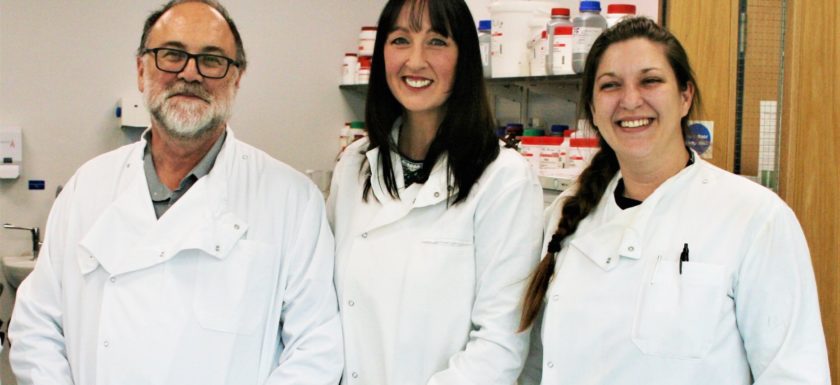 Philanthropic donations have funded a scientist to work at Lancaster University on Alzheimer’s drug development.
Philanthropic donations have funded a scientist to work at Lancaster University on Alzheimer’s drug development.
The University’s Defying Dementia campaign was launched four years ago to fund the research and development of a new drug through community fundraising events and was the first university in the UK to support scientific research in this way.
Money is raised by community fundraisers which include sponsored walks to coffee mornings, along with donations and the Defying Dementia Fundraising and Community shop in Lancaster City centre.
In turn, the Defying Dementia campaign contributes to the community by supporting the Bay Dementia Hub and being involved in the Fresher’s Young Onset Cafes and other community initiatives for people with neurodegenerative brain conditions such as Alzheimer’s and Parkinson’s.
Neuroscientist Dr Norah Ulzheimer will work full time in the lab to progress the promising new Alzheimer’s drug towards human clinical trials. She is part of a research team led by Professor David Allsop, who is developing the drug to slow the progression of the disease.
Norah worked in a care home in Heysham for people living with dementia before completing her PhD.
“It’s heart-breaking – I would see people unable to recognise their own family and it made me understand what impact dementia has on people’s lives, especially the families, and how hard it is.
“This gives me even more motivation to help develop a drug to slow this illness.”
Norah’s role also involves public engagement and she has already been attending Fresher’s Young Onset Cafes and will be at the forthcoming Defying Dementia Day on campus on Saturday 19th October 2019.
“This is a good way of bridging the gap between scientists and the public and it enables me to see what impact the campaign is having in the community. “
The founder of the Defying Dementia campaign Dr Penny Foulds said that Norah’s recruitment was an important milestone.
“Alzheimer’s is set to be the 21st century’s biggest killer, but research here at Defying Dementia may find a way to stop it in its tracks. We can now speed up the development of our drug, that will attack both the plaques and the tangles that form in the brains of people with Alzheimer’s. We thank all our supporters who enable us to continue with this important research.“


Comments are closed, but trackbacks and pingbacks are open.